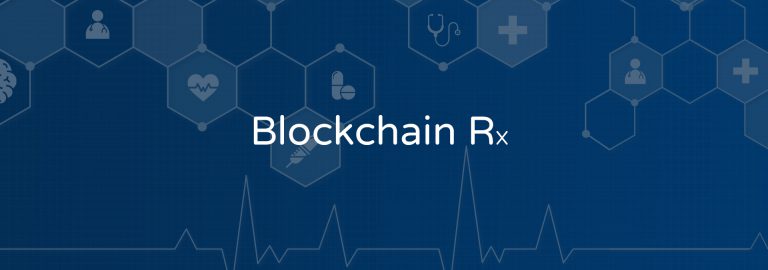Blockchain, the uber kid in tech town, has typical use cases in banking and financial markets. But, don’t jump to conclusions yet. While at its core, blockchain is a distributed ledger system recording and storing transactional records on a public or private chain. More specifically, blockchain is a shared, immutable record of peer-to-peer transactions built from linked transaction blocks and stored in a digital ledger. Healthcare industries operate with overwhelming amounts of data — data which must be shared yet need to be secured and tokenized, data that is digitized now more than ever, data that belongs to the increasingly empowered patient but need to be accessed across. Therefore, for the healthcare and life sciences industries, blockchain is the perfect antidote for the patient to healthcare provider continuum.
By providing faster access to this trusted data, as well as facilitating better secure collaboration and increased transparency, blockchain can significantly improve and personalize the patient and healthcare provider experience. The technology also has further use like reducing counterfeit medicines, promoting more effective research and development, and driving new or optimized business models.
So, what are the use cases?
According to a study conducted by IBM, around 16% of healthcare executives are determined about their plans to implement blockchain solutions in their work this year, while around 56% expected to adopt blockchain by the year 2020. By decentralizing ownership of key data sets, yet increasing the strength of permission sharing protocols, blockchain proponents hope to create an interoperable, patient-centered big data ecosystem that prioritizes accuracy, timeliness, and shared-decision making.
Let’s see what the potential use case are
Blockchain as an Enabler of Nationwide Interoperability
As care becomes more digitally connected, traditional geographic boundaries are beginning to blur. For players and providers, the financial imperative to keep patients in-network and prevent leakage in the era of value-based care adds an additional layer of complexity to the problem of managing credentials, ensuring correct licensure, and keeping up with employment changes.
Blockchain may offer a solution to these issues by keeping all members of the community instantly updated on where a provider can practice, whether new patients are being accepted, and what new affiliations she has formed. For example, Illinois is among the first US state entities to test out blockchain for this purpose.
Blockchain as an Enabler of Data Accessibility and Data Integrity
Blockchain data points are protected at the individual patient level with a numeric public key, and/or a more complex private key. Therefore, if someone were to hack into an EHR system powered by blockchain technology, they wouldn’t be able to ascertain whose data it was or manipulate the information as they can today. Similarly, a physician with access to your medical record couldn’t look at another patient’s record within the same health system or hospital without his or her permission. As a technology, blockchain can provide data integrity, security, accessibility, and interoperability of the most demanding requirements of the healthcare community.
Blockchain the Warrior in the War Against Fake Medicine
Blockchain’s immutable, and transparent attributes can restore trust in our supply chains, businesses, and governments. The technology itself acts as an encrypted, unalterable permanent record that participants in a decentralized network can contribute to and access.
Every link in the supply chain from the manufacturer, distributor, transporter, customs official to store owner can contribute data to a network that can then prove the authenticity of a product. Consumers can use a mobile app to check an entire item’s history before it reaches the store shelf. In the case of pharmaceuticals, consumers would be able to trace the origin of every pill.
But is it all hype?
There is certainly substantial hype around blockchain. It is easy to see why – particularly with the exponential growth of bitcoin and other cryptocurrencies, which are built on blockchain technology. Extending blockchain to healthcare seems a logical next step, especially around clinical data sharing and governance. However, it is important to understand which problems in healthcare are amenable to a blockchain solution, otherwise, it is a hammer looking for a nail.
The challenges around blockchain are surmountable, and there is tremendous energy around finding the right use cases in healthcare. Additionally, the underlying technology is changing rapidly, with protocols suited to different verticals being developed. There is no shortage of challenges in healthcare, particularly around data sharing, interoperability, and security – all arenas where blockchain could offer important solutions. Blockchain not only has the potential to impact the healthcare industry — it might even transform the sector someday. But it’s still early in the process of adoption. And as with other industries, the true influence of blockchain on how health services are provided, billed for, paid for, and managed has yet to be determined
Looking for a Strategic Digital Transformation Partner?




